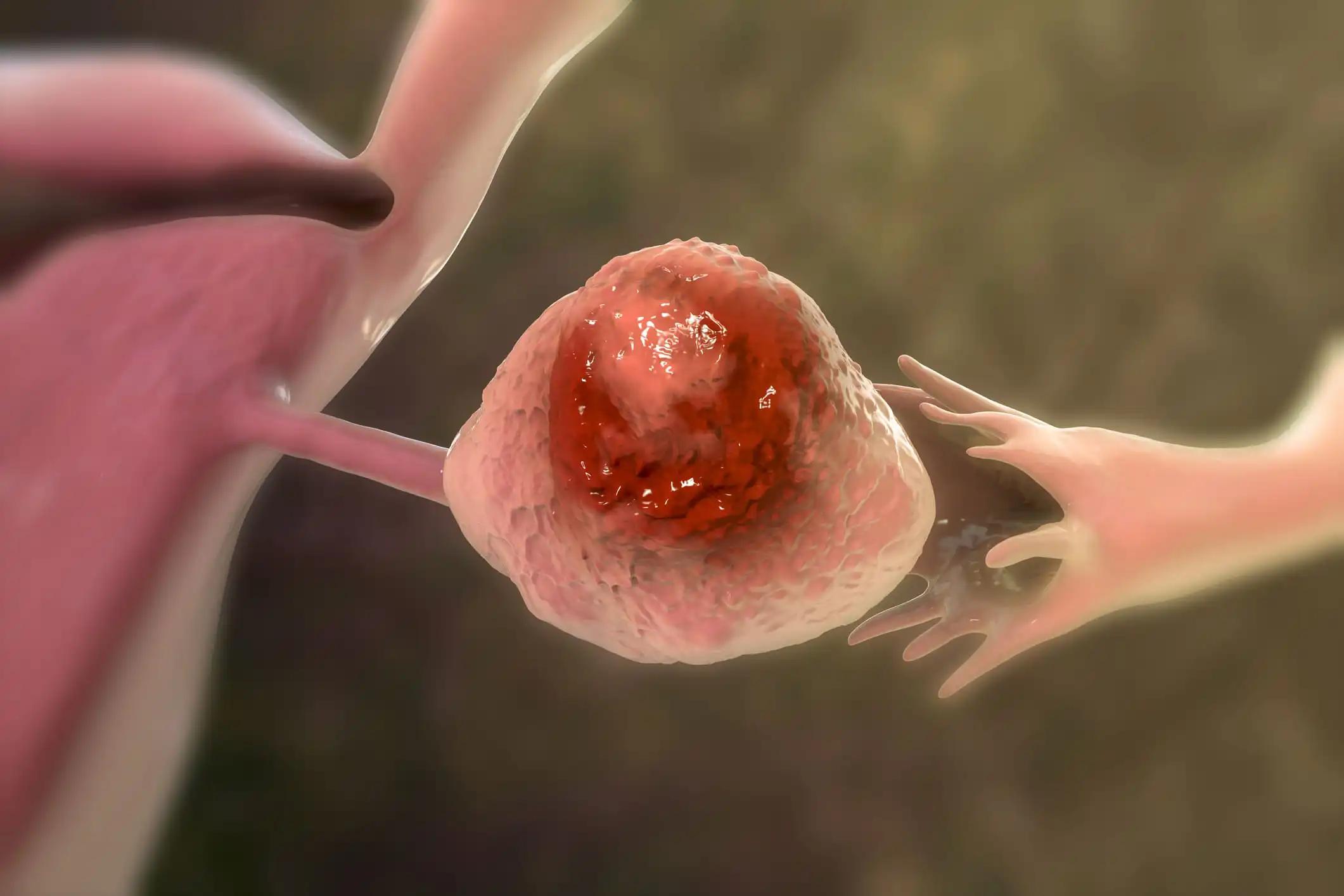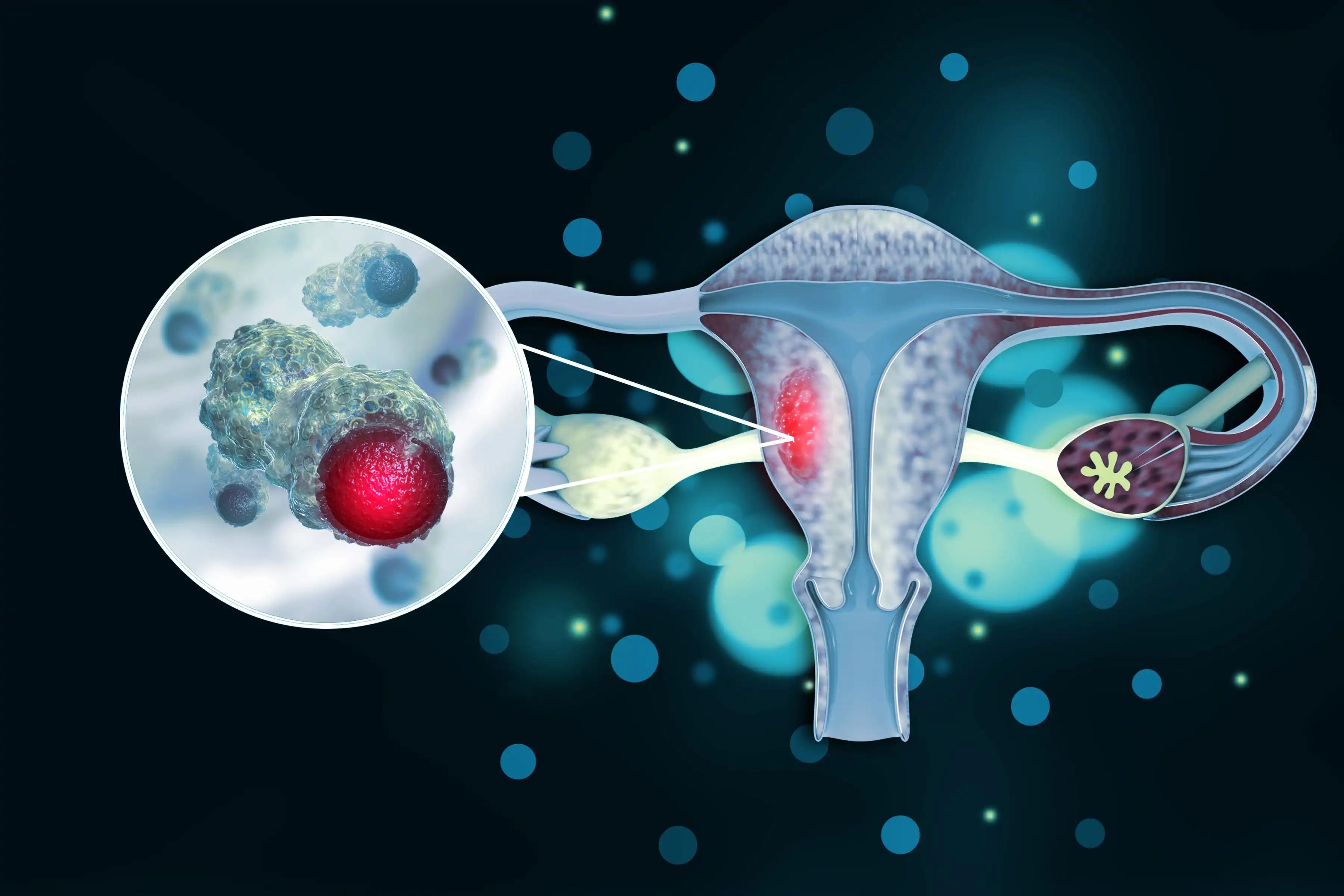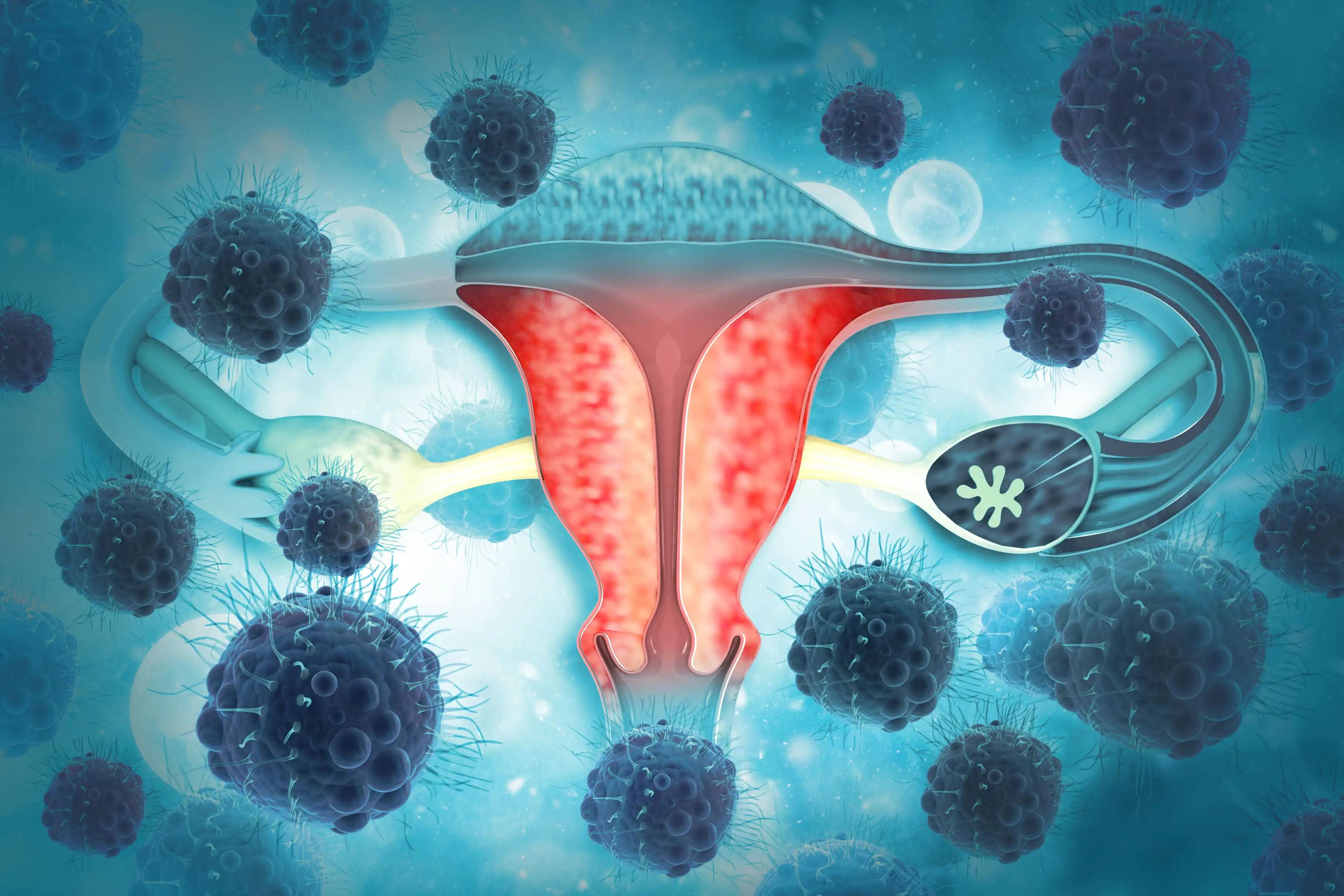The phase 1 trial aimed to investigate the enhanced in vivo anti-tumor activity of a fully humanized CAR T targeting mesothelin compared to a murine-derived counterpart, focusing on improving persistence and efficacy. Researchers noticed enhanced M5 CAR T cell persistence in mesothelin-expressing cancers, suggesting avenues for improving clinical outcomes in CAR T cell […]...
SGO 2024
Coverage of Society of Gynecologic Oncology Annual Meeting on Women’s Cancer 2024
Mar 16
-Mar 18, 2024










